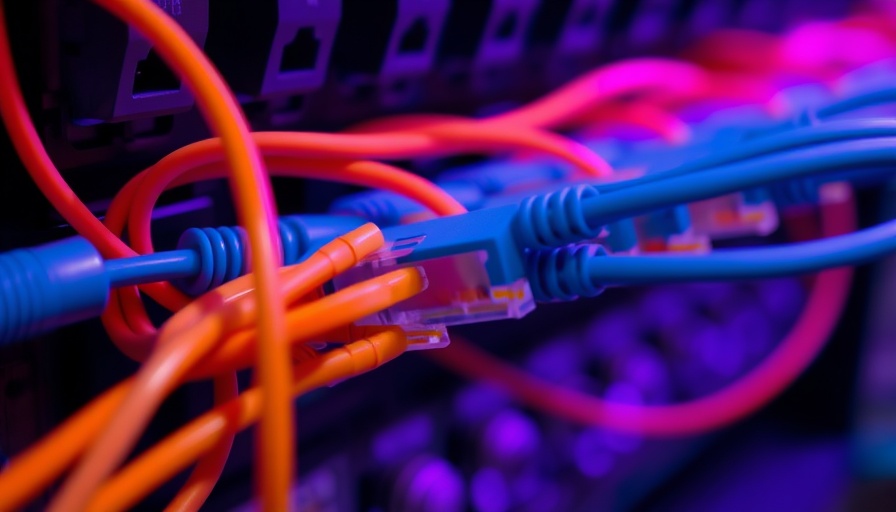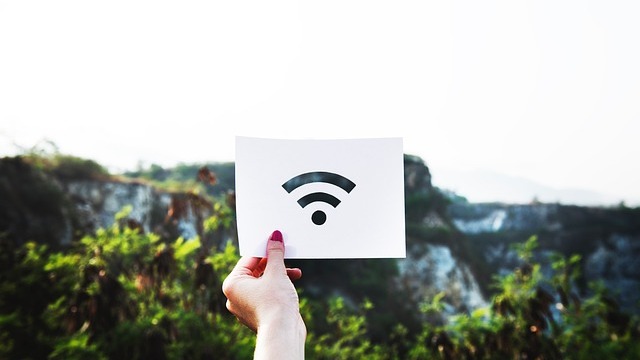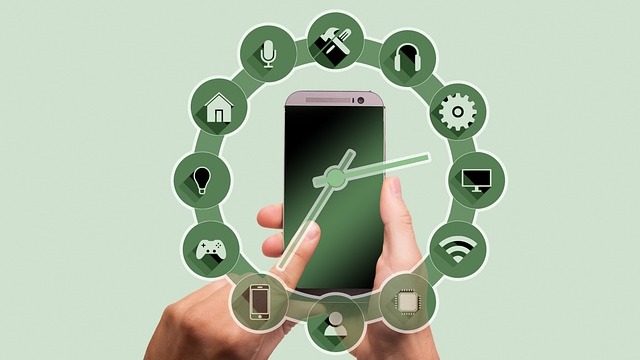
Fiber vs. Cable: The Key Differences
When choosing between fiber and cable internet, understanding their characteristics is essential. Fiber-optic internet uses glass or plastic strands to transmit data as light pulses, making it significantly faster and more reliable than its copper counterpart, cable. Cable internet, although cheaper and more accessible, relies on coaxial cables to serve data, which can lead to slower speeds during peak usage due to shared bandwidth.
Speed Comparison: Fiber Wins
Fiber internet offers astonishing speeds that can reach up to 10 Gbps and beyond, making it a go-to choice for high-bandwidth applications like cloud computing and 4K streaming. In contrast, cable internet typically caps out at around 1.2 Gbps, and often fluctuates in performance due to its asymmetrical speed capabilities. Users can sometimes see download speeds much faster than upload speeds, limiting overall effectiveness for data-heavy tasks.
Reliability in Connectivity
One of the standout features of fiber-optic internet is its durability. Fiber connections are less prone to outages caused by environmental factors or wear and tear since they transmit data through light rather than electric signals. Cable internet, while generally reliable, can drop in quality and speed during peak usage periods when more people are online. This could leave users frustrated at critical moments.
Cost Considerations: Which is More Affordable?
When it comes to the initial costs, cable internet often has a lower installation price and broader availability, especially in rural areas. Fiber installation, while sometimes more costly, leads to long-term savings through superior performance and fewer outages. For users who rely heavily on strong connectivity for remote work or online gaming, the investment in fiber may pay off in dividends.
The Future of Internet Connectivity
As technology continues to evolve, the demand for faster, more reliable internet is growing. Fiber-optic technology not only meets today’s needs but is also positioned to adapt to future demands of ever-increasing data consumption. Moreover, fiber's ability to easily scale with growing usage guarantees that it will remain relevant longer than cable, which may face limitations due to its infrastructure. Investing in fiber today could mean being prepared for tomorrow's internet needs.
Conclusion: What’s Best for You?
Choosing the right internet connection type depends largely on your individual needs. If speed, reliability, and scalability are paramount, fiber is nearly always the best choice. But for casual users on a tighter budget, cable may still meet basic internet needs effectively. Whichever path you choose, it’s essential to weigh the options against your unique requirements and preferences.
In conclusion, explore the available options now!
 Add Row
Add Row  Add
Add 




Write A Comment